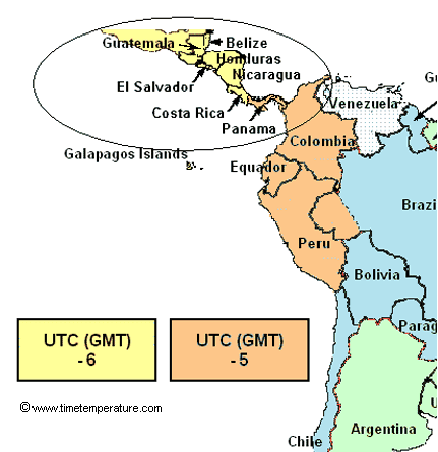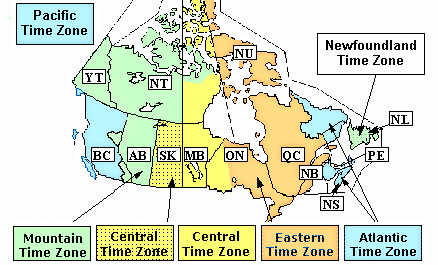

We almost went home at that point, as navigating online learning for a 4.5-year-old in a new place was pretty overwhelming. Our daughter had a grand total of three days of in-person school on the island before it went online. Here with our daughter, we had to build and replace the support network we’d had in Toronto. New places take a while to feel like home and we are far from family, COVID makes travel more uncertain, and it’s just not as easy as it used to be to just hop on a flight. The downsides are also likely what you’d imagine. Vitamin D all day every day, palm trees, everything runs on island time, the million and one sandy beaches, and the amazing, friendly and welcoming people. The upsides, I’m sorry to admit, are everything you would imagine about being in the Caribbean. If this is going to go on for two more years, we need to figure out balancing taking care of ourselves, our communities and still design our lives. Is this the right choice for us? For our daughter? Will we miss out on important experiences with our friends and family? What about COVID? What we’ve realized is what happens with COVID is everyone’s challenge no matter where we are. There were so many considerations-older parents, a young child needing childcare, safety, finances. I’ve worked from home for years, although working remotely wasn't new to me-what was new was wondering that if I could be anywhere with my laptop, am I where I want to be right now? Within four months this year, my partner and I decided to go, coordinated logistics, second-guessed ourselves 1,800 times and then made the leap. Why did you and your family decide to move to an island in the Caribbean to live and work? What are the upsides and downsides of working remotely from Barbados?Ī: To be super honest, we decided to go because we’d been in lockdown for eight months in Toronto and we lost our minds. Q: So you are from Canada, but you are now working in Barbados. (The online transnational concept also got some strange looks until student mobility ground to a halt in 2020!) The best part of my career path, though, has been the people I’ve had the opportunity to work with over the years-being part of teams where there is a strong balance of smarts, sarcasm and spirit is a winning combination. Higher ed has been a fantastic whirlwind-I was working in online education when we could still be laughed out of a university meeting room for suggesting it, then followed it up with a company creating a new online transnational education at AVENU Learning. It was pretty clear the future was going to be digital, and I was worried the pharmaceutical industry I was currently in may not be an innovator in that space, so I took the leap. I was introduced to the higher ed space in 2010 by a good friend who had been nagging me for years to check out the work he was doing with an early OPM company. When I think of my career path, zigzags and roller coasters come to mind. Thinking about how we support learners and educators while not also being a burden is what keeps me up at night, especially now given we have yet another virus variant on the way. What we’ve learned since then is that the change is constant-an immediate need for solutions in 2020 has transitioned to initiative fatigue and straight burnout in 2021. Q: Tell us about your work at Yellowdig, and the career path that brought you to your current role.Ī: My work at Yellowdig is one of the most interesting challenges I’ve taken on-how do you navigate the path to success when every consumer, company and market has changed since the onset of COVID? When I joined the team last fall, I focused primarily on understanding the journey our learners and educators have been on to better define what aspects of our product and services offerings are most valuable.

When I learned that Deb is navigating her ed-tech career as a digital nomad, I asked if she’d be willing to answer my questions.

Deb Bolton is the contract chief marketing officer (CMO) at Yellowdig.


 0 kommentar(er)
0 kommentar(er)
